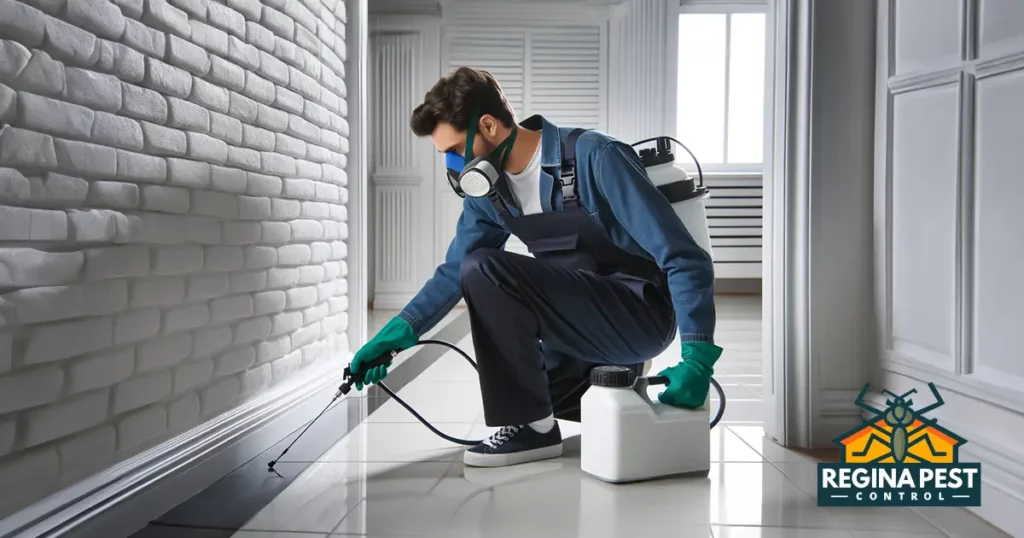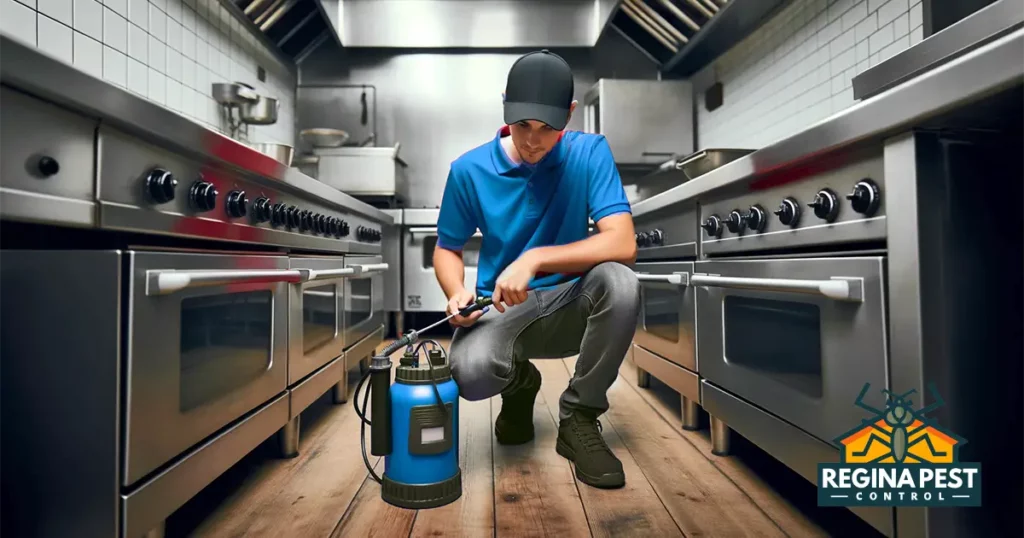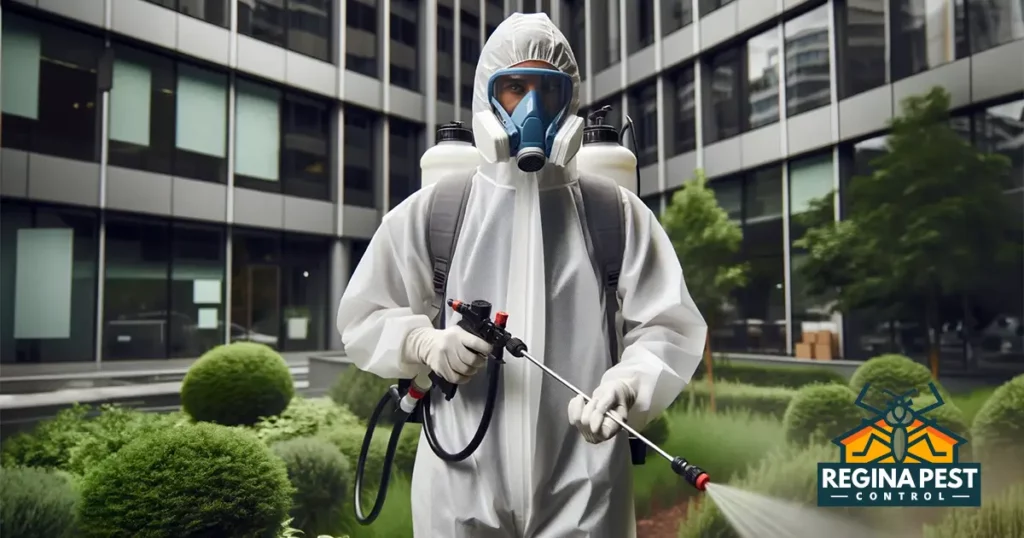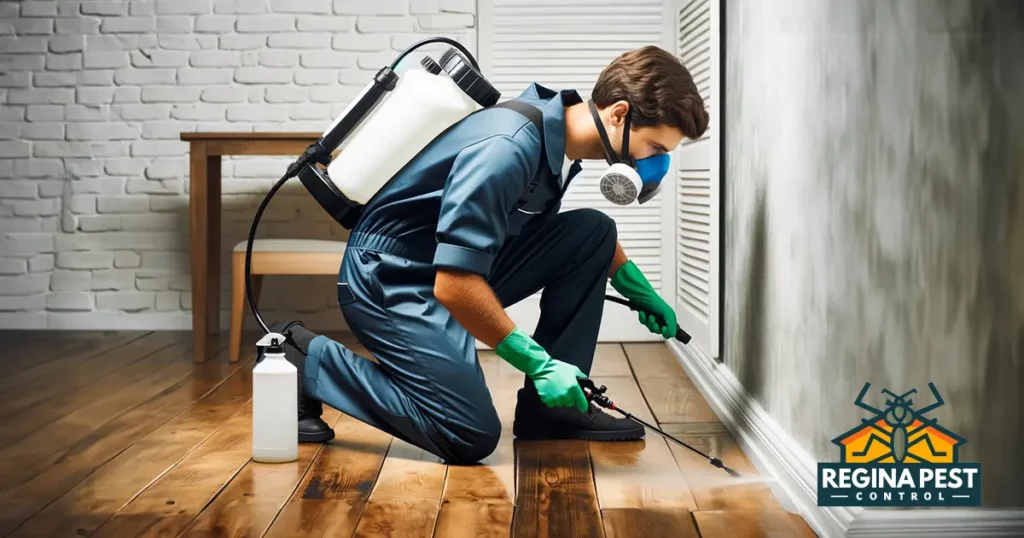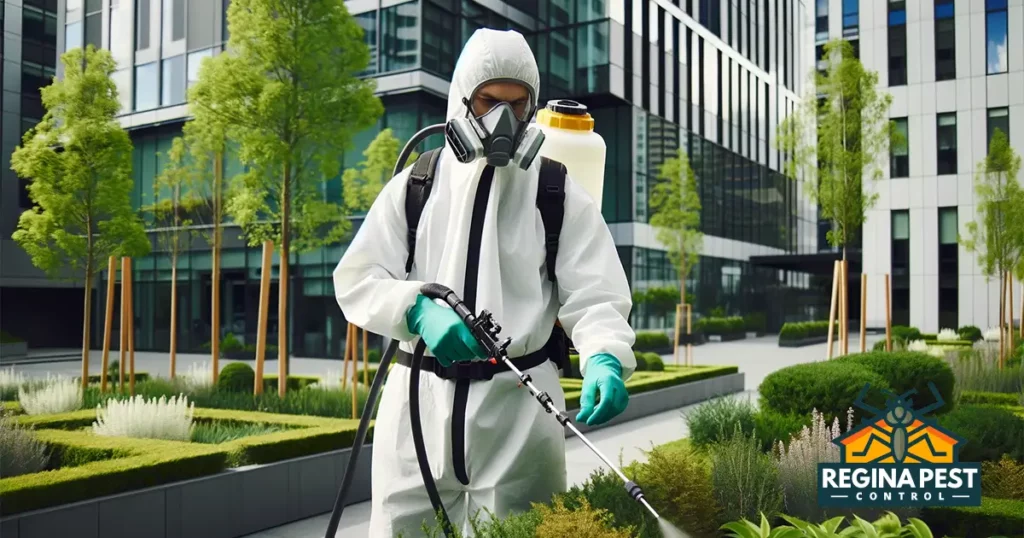When it comes to pest control, it’s important to understand that not all infestations are the same. Commercial and residential spaces have different needs and face unique challenges when dealing with pests. In this article, we will explore the key differences between commercial and residential pest control to help you better understand why specialized approaches are necessary.
- Understanding the Difference between Commercial and Residential Pest Control
- Pest Control Challenges in Commercial Settings
- Pest Control Challenges in Residential Settings
- Benefits of Hiring a Professional Pest Control Company for Commercial Properties
- Benefits of Hiring a Professional Pest Control Company for Residential Properties
- Common Pests in Commercial Settings
- Common Pests in Residential Settings
- Tips for Preventing Pests in Commercial and Residential Properties
- Conclusion and Final Thoughts
Understanding the Difference between Commercial and Residential Pest Control
Pest control in commercial and residential settings differs in terms of the scale, regulations, and specific challenges faced. Commercial pest control typically involves the management of pests in large properties such as office buildings, restaurants, hotels, and warehouses. These spaces often have specific regulations and safety standards that must be followed. On the other hand, residential pest control primarily deals with pests in homes and residential areas, where the emphasis is on creating a safe and healthy living environment for homeowners and their families.
Pest Control Challenges in Commercial Settings
Commercial spaces present unique challenges when it comes to pest control. Large buildings and facilities provide ample hiding places for pests, and the constant flow of people and goods can facilitate their entry and spread. Additionally, commercial spaces often have strict regulations and safety standards that must be adhered to, requiring pest control professionals to use methods and products that are compliant with these guidelines. The goal of commercial pest control is not only to eliminate existing infestations but also to prevent future infestations and minimize disruption to business operations.
In commercial settings, pest control professionals must consider the impact of their treatments on the daily operations of the business. They need to ensure that the treatments are carried out in a way that does not interfere with the work of employees or compromise the safety and well-being of customers. This often involves scheduling treatments during off-peak hours or using methods that have low toxicity and minimal odor. By tailoring their approach to the unique needs of each commercial property, pest control professionals can effectively manage infestations while minimizing disruptions.
Pest Control Challenges in Residential Settings
Residential pest control focuses on creating a safe and healthy living environment for homeowners and their families. Homes provide pests with access to food, water, and shelter, making them attractive places for infestations to occur. Common residential pests include ants, cockroaches, rodents, termites, and bed bugs. The severity of the infestation will determine the appropriate treatment method, ranging from preventive measures to targeted extermination.
Unlike commercial spaces, residential properties do not have the same strict regulations and safety standards to comply with. However, the focus remains on ensuring the safety and well-being of the occupants. Pest control professionals in residential settings must consider the presence of children, pets, and individuals with sensitivities to certain treatments. They must use methods and products that are safe for the residents while effectively eliminating pests. This often involves a combination of chemical and non-chemical control methods, such as sealing entry points, removing food and water sources, and using targeted treatments only when necessary.
Benefits of Hiring a Professional Pest Control Company for Commercial Properties
When it comes to pest control in commercial properties, hiring a professional pest control company offers several benefits. These professionals are experienced in dealing with large-scale infestations and have the knowledge and expertise to effectively manage pests in commercial settings. Here are some advantages of hiring a professional pest control company for commercial properties:
1. Expertise: Professional pest control companies have the knowledge and expertise to identify the specific pests present in a commercial property and formulate a targeted treatment plan. They understand the biology and behavior of different pests and can implement the most effective strategies to eliminate them.
2. Compliance with Regulations: Commercial properties often have specific regulations and safety standards that must be followed. Professional pest control companies are familiar with these regulations and ensure that their treatments are compliant. They use methods and products that are approved for use in commercial settings and pose minimal risk to human health and the environment.
3. Minimal Disruption to Business Operations: Commercial pest control professionals understand the importance of minimizing disruptions to business operations. They will work with property owners and managers to schedule treatments during off-peak hours or when the premises are closed to minimize the impact on employees and customers.
4. Long-Term Prevention: Commercial pest control focuses on long-term prevention rather than just eliminating existing infestations. Professional pest control companies will implement strategies to address the underlying causes of infestations and prevent future pest problems. This may include sealing entry points, implementing sanitation measures, and providing ongoing monitoring and maintenance services.
Benefits of Hiring a Professional Pest Control Company for Residential Properties
Residential pest control also benefits from the expertise and services of professional pest control companies. Here are some advantages of hiring professionals for residential pest control:
1. Customized Treatment Plans: Professional pest control companies will assess the extent of the infestation and customize a treatment plan to address the specific pest problem in a residential property. They will consider the presence of children, pets, and individuals with sensitivities to certain treatments to ensure the safety and well-being of the occupants.
2. Safe and Effective Solutions: Professional pest control companies use methods and products that are safe for residential use. They have access to professional-grade treatments that are more effective than over-the-counter solutions. By hiring professionals, homeowners can be confident that the pest problem will be effectively and safely resolved.
3. Time and Cost Savings: Attempting to eliminate pests on your own can be time-consuming and costly. Professional pest control companies have the necessary tools, equipment, and expertise to quickly and efficiently eliminate pests. By hiring professionals, homeowners can save time and money in the long run.
4. Preventive Measures: Professional pest control companies not only eliminate existing infestations but also implement preventive measures to minimize the risk of future infestations. They will provide recommendations on how to make the property less attractive to pests, such as sealing entry points, removing food and water sources, and implementing proper sanitation practices.
Common Pests in Commercial Settings
Commercial properties are susceptible to a variety of pests, depending on the type of business and the nature of the environment. Here are some common pests that can be found in commercial settings:
1. Cockroaches: Cockroaches are a common problem in commercial properties, especially in kitchens and food service areas. They are attracted to food and moisture and can contaminate surfaces with bacteria and pathogens.
2. Rodents: Rats and mice are often found in commercial properties, especially those with large storage areas or warehouses. They can cause damage to property and products and spread diseases through their droppings and urine.
3. Bed Bugs: Hotels and other hospitality establishments are particularly vulnerable to bed bug infestations. These pests can quickly spread from room to room and can cause discomfort and distress to guests.
4. Flies: Flies are attracted to garbage, decaying organic matter, and food waste. They can contaminate surfaces and food products, posing health risks to employees and customers.
Common Pests in Residential Settings
Residential properties can also face a wide range of pest problems. Here are some common pests found in homes:
1. Ants: Ants are a common nuisance in residential properties, especially during the warmer months. They are attracted to food and water sources and can quickly establish large colonies.
2. Cockroaches: Cockroaches can infest homes and pose health risks to residents. They are often found in kitchens, bathrooms, and other areas with access to food and moisture.
3. Rodents: Rats and mice can find their way into homes through small openings and cause damage to property and spread diseases. They are particularly active during the colder months when they seek shelter indoors.
4. Termites: Termites can cause significant damage to the structure of homes if left untreated. They feed on wood and other cellulose materials, weakening the integrity of the building.
5. Bed Bugs: Bed bugs can infest bedrooms and cause discomfort and distress to homeowners. They are often brought into homes through luggage, clothing, or used furniture.
Tips for Preventing Pests in Commercial and Residential Properties
Prevention is key when it comes to pest control in both commercial and residential properties. Here are some tips to help prevent pests from infesting your property:
1. Seal Entry Points: Inspect the property for any gaps or openings that pests can use to gain access. Seal cracks and crevices, repair damaged screens, and install door sweeps to prevent pests from entering.
2. Remove Food and Water Sources: Pests are attracted to food and water. Keep food stored in airtight containers, clean up spills and crumbs promptly, and fix any leaks or water sources that may attract pests.
3. Maintain Cleanliness: Regularly clean and sanitize the property to remove any potential food sources for pests. Pay special attention to kitchens, bathrooms, and other areas prone to moisture.
4. Proper Waste Management: Dispose of garbage in sealed containers and ensure that trash is removed regularly. Keep outdoor trash bins away from the building and clean them regularly to prevent pests from being attracted to the area.
5. Regular Inspections: Conduct regular inspections of the property to identify any signs of pest activity. Early detection can help prevent infestations from becoming widespread and more difficult to control.
Conclusion and Final Thoughts
Understanding the differences between commercial and residential pest control is crucial to effectively combat infestations in each setting. By tailoring pest control strategies to the specific needs of each environment, professionals can provide efficient and long-lasting solutions. Whether you’re dealing with pests in a commercial or residential space, it’s always best to consult with a professional pest control company to ensure effective and safe solutions. Remember, prevention is key, so implementing proactive measures to minimize the risk of infestations is essential for maintaining a pest-free environment in both commercial and residential properties.

